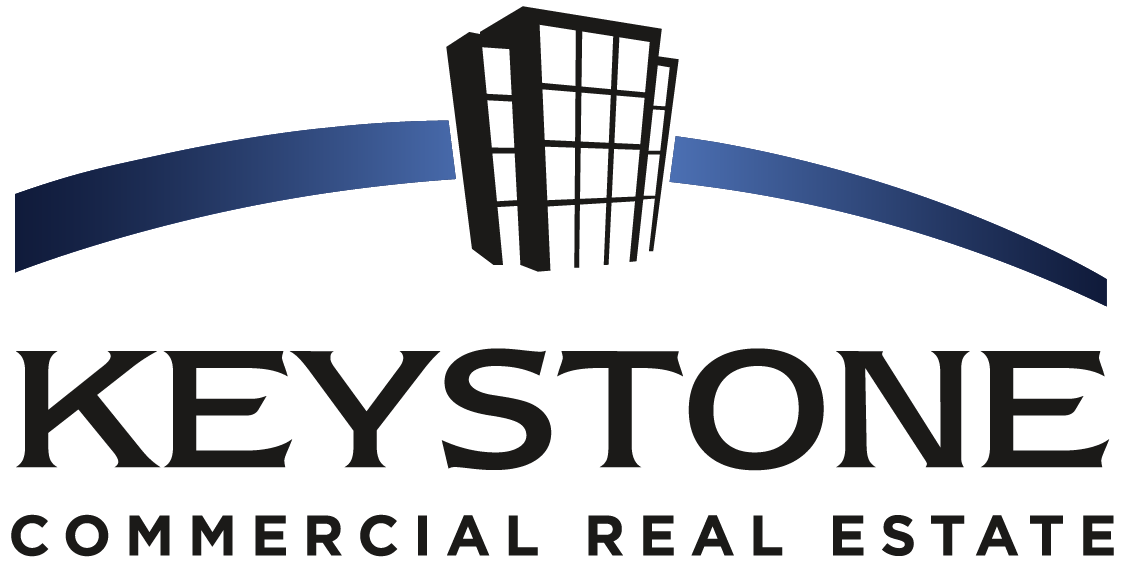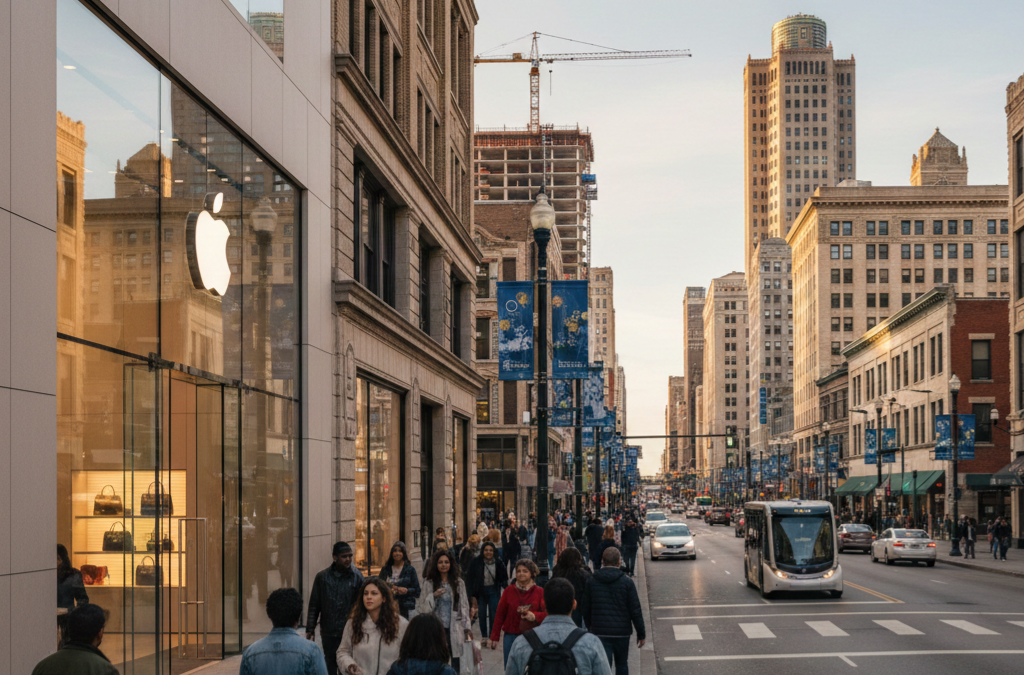In the July 2024 issue of Heartland Real Estate Business, Matt Berke, and other seasoned experts in the Detroit market, share their perspectives on the factors driving this retail renaissance. As a principal broker at Keystone Commercial Real Estate, Matt has a front-row seat to the city’s evolving retail scene.
As described in the article, Detroit’s retail landscape is undergoing a dramatic transformation. Once characterized by vacant storefronts and economic challenges, the city is now experiencing a resurgence fueled by revitalization efforts, adaptive reuse projects, and a growing influx of new businesses, leaving supply at a premium. The combination of strong tenant demand and a shortage of available space is creating a seller’s market. According to Matt Berke, principal broker with Farmington Hills-based Keystone Commercial Real Estate, “Demand outpacing supply isn’t totally new, but the slowdown in construction because of [higher] costs has made everything a little more difficult. But that’s what our job is — to dig up the right spots for clients.”
Investors are also optimistic about the region’s retail potential. While the higher cost of capital has tempered investment activity, there’s a growing interest in multi-tenant retail properties. These assets offer diversification and the potential for higher returns compared to single-tenant net-lease properties.
The rise of Detroit as a cultural and economic hub is undoubtedly influencing the retail landscape. Adaptive reuse projects, such as the transformation of Michigan Central Station, create unique shopping and dining experiences. This, combined with the city’s growing population, attracts a diverse range of retailers and consumers.
While inflationary pressures and economic uncertainties persist, the overall trajectory of Metro Detroit’s retail market remains positive. The region’s strong fundamentals, coupled with the ongoing revitalization efforts, position it for continued growth and development.
Key Takeaways from the Article Include:
- Strong tenant demand: Despite economic headwinds, retailers are actively seeking space in Detroit, creating a competitive market for landlords.
- Limited supply: A shortage of available retail space, coupled with rising construction costs, is driving up rental rates.
- Investor interest: Multi-tenant retail properties are gaining popularity among investors seeking higher returns compared to single-tenant net-lease assets.
- Adaptability is key: Successful retailers are finding ways to adapt to inflationary pressures and changing consumer behavior.
To learn more about Detroit’s retail market, be sure to check out the full article, “Detroit Retail Market: What’s Old is New,” in the July issue of Heartland Real Estate Business.




